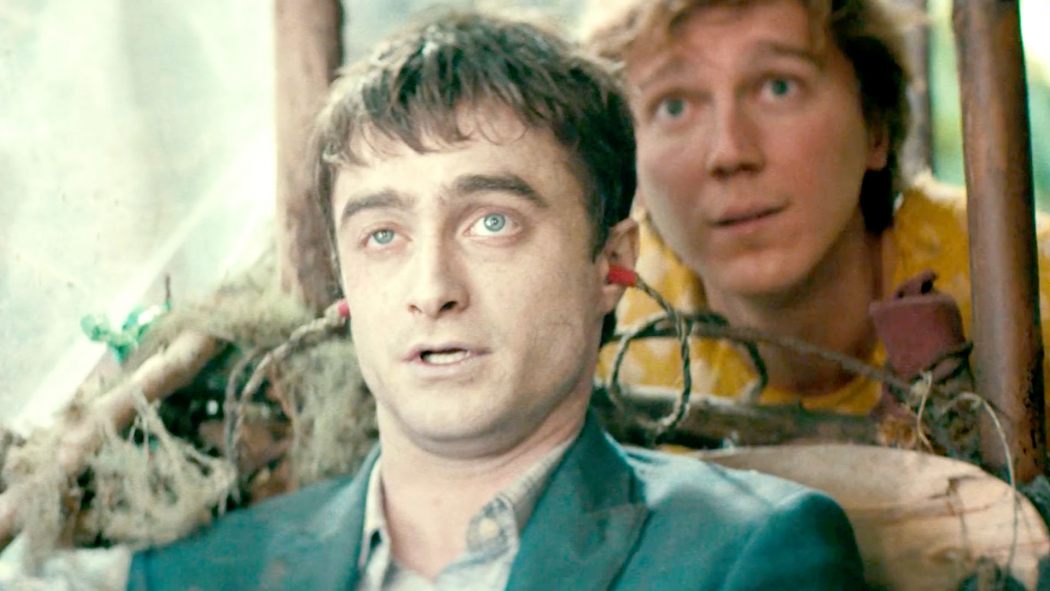
A swelling of strings, a triumphant booming of horns, a delicate cascade of woodwinds, and a great percussive thunder, all bookended with soaring choirs and vocals. These are the old guard of film music, still as essential and iconic as ever. Even under barrages of parodies and imitators, this tried and true method of composing the accompanying music to almost every film in existence remains the quintessential sound of film music. While music continues to evolve, the music of film evolves with it.
Sometimes, not all scores get their due, despite their high quality. Here are ten underrated scores that, although their movies aren’t for everyone, definitely deserve more than a second listen.
10. Dead Man (1995, score by Neil Young)
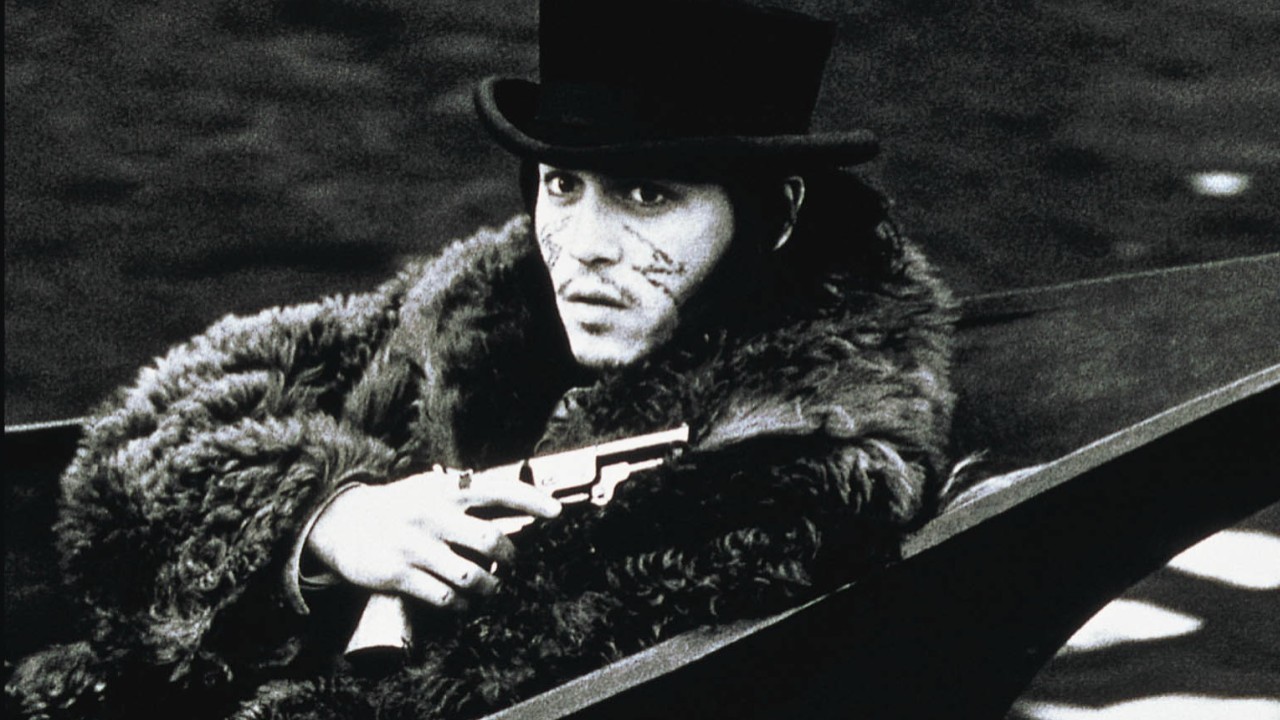
A former heartthrob, a Canadian music icon, and one of independent cinema’s top names came together in a strange pocket of time in the mid ‘90’s to create a true ‘acid western,’ as described by its director. Jim Jarmusch’s revisionist western cult hit Dead Man is an experience that continues to mystify to this day. Adding to its entrancing vibes is the minimalistic score by none other than Canadian music legend Neil Young.
While he also uses an acoustic guitar and piano and organ, the centerpiece is Young’s electric guitar, laying down an accompaniment of soulful twang and distorted drone. The muddy sound of the guitar still lets every plucked note shine, and with someone like Young the music remains powerful and moving.
In so many ways, the music serves as narrator in Jarmusch’s strange wild west, accentuating the minimal action and dialogue with booming chords with country-fried licks poking out of it. It’s as strange as the film, but no less mesmerizing, both with film and on its own merits.
9. Cannibal Holocaust (1980, score by Riz Ortolani)
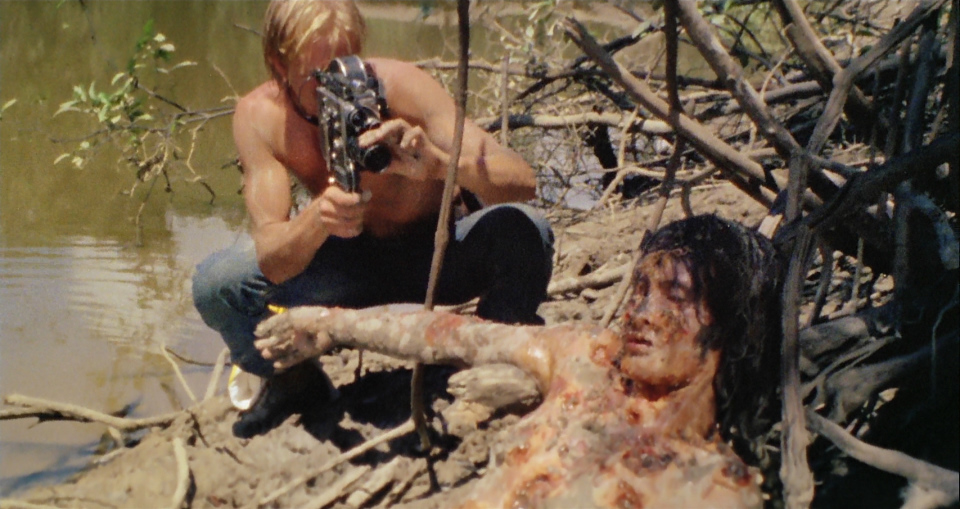
In the bloody heyday of Italian horror (1960’s-1980’s), no film became more polarizing and notorious than the almighty Cannibal Holocaust. Yes, Ruggero Deodato’s 1980 cannibal classic has been classified as a truly despicable gore-fest for its extreme violence, legitimate animal cruelty, and its hand in helping the now-maligned ‘found footage’ subgenre of horror.
But it also remains a cult favourite, a high water mark in the history of world horror, and the greatest moment of the Italian cannibal boom of the 1980’s. Now, something everyone can probably agree on is the quality of Riz Ortolani’s amazing score.
Ranging from orchestral and electronic gloom to tribal beats, Ortolani’s music is incredibly diverse and fits all of the film’s most notorious moments, from the heart-wrenching to the stomach-vacating. Every track on this soundtrack is incredible, and for a low-budget Italian horror film, the quality of composition and instrumentation is undeniably impressive. But of course, the one piece that truly brings it all together is the opening/end theme.
Cannibal Holocaust’s main theme is the lost classic of horror themes. For all its soothing sounds and orchestration, it’s a theme that is drenched in dread and darkness. Not even that classic synth riff and acoustic guitar riff can offset the unease this piece brings to the film. To those who have not heard the piece and is ignorant to the horrors of the film, that virgin listen is an odd experience.
But to those in the know, this piece signals some of the darkest of celluloid carnage and can trigger bloodied flashbacks in even the most hard-core of horror aficionados.
8. Black Christmas (1974, score by Carl Zittrer)
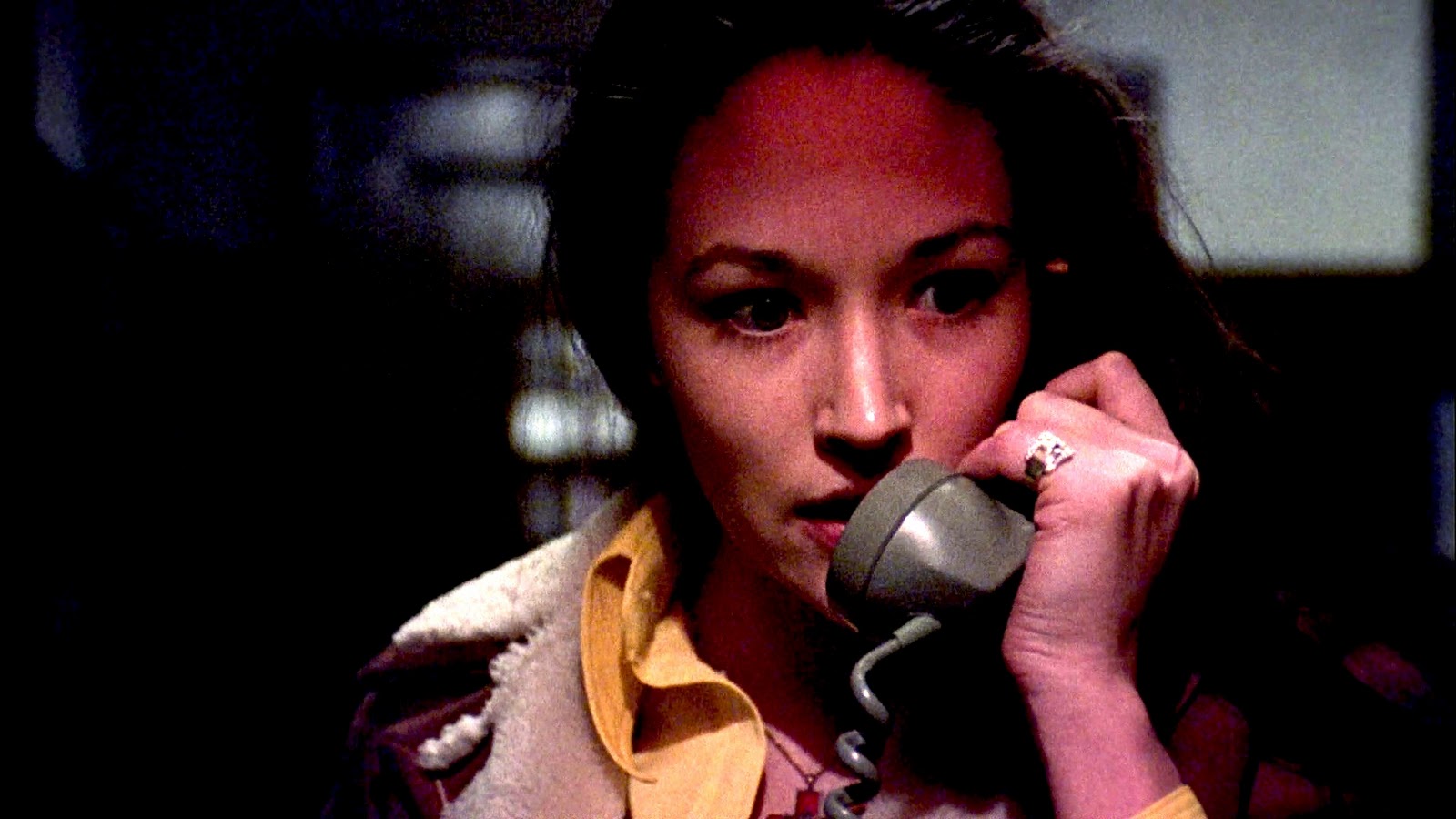
It started as merely a low-budget Canadian-American thriller, sure to be a hit with the teenaged drive-in crowds of the day. But what started as just another film from Bob Clark became the first proper slasher film, It’s moody atmosphere, unnerving story, and classic ending helped this cult hit already strike a nerve with horror fans, but to deepen the experience, one must remember the brooding score by Carl Zittrer.
Like some of the most effective horror scores, Zittrer more or less aimed for a highly minimalistic approach, focusing on two aspects of the score’s entirety: on one end of the spectrum, you have a haunting choral rendition of Silent Night by some otherworldly mustering of voices. This song bookends the film, start and finish, and it immediately sets the mood right from the get-go.
Slow, melancholic, and reminiscent of a death chant. On the other end, Zittrer accentuates the terror with a sound that can only be described as the strings of an old piano being struck and scrapped with a mallet… in a tomb.
This reverberating dissonance is all over this film, with every moment, every reveal, and especially every kill made all the more striking. With Black Christmas continuing to return to the spotlight with each passing holiday season, Zittrer’s daring score deserves a listen.
7. House (1977, score by Asei Kobayashi and Mickie Yoshino)
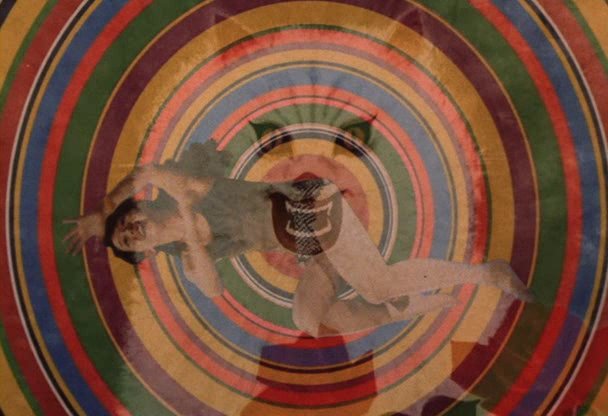
Most cult film fans, these days at least, now have some knowledge of Nobuhiko Obayashi’s 1977 horror-comedy head trip. Less of a humorous romp with familiar tropes skewed and parodied and more of a wholly original psychedelic horror freak out, House is one strange beast of a film. From intentionally goofy special effects to a visual palette that has yet to be matched in anyway, House has it all. And of course, a film this unique needs a score that’s just as bizarre as it is. Fortunately, this film has exactly that.
Thanks to composers Asei Kobayashi and Mickie Yoshino, this score almost perfectly encapsulates the nostalgic weirdness that is 70’s film music. Jazz-disco hybrids, calming piano and saxophone pieces, and an English language teenybopper tune all round out this most bizarre of film soundtracks. And like the best scores, none of it is out of place. No piece is underused nor overused. Every wacky track has its place in Obayashi’s skewered story.
The score is a perfect match, no matter how you see it. The now-recognizable track ‘Sweet Dreams of Days Gone By’ boasts an infectious earworm a sax riff, one that doesn’t leave the mind without a fight. On its own, the soundtrack to House is a wild ride through some bizarre musical ideas that never grows stale or feels unwarranted. A film this weird DEMANDS such music.
6. Swiss Army Man (2016, score by Andy Hull and Robert McDowell)
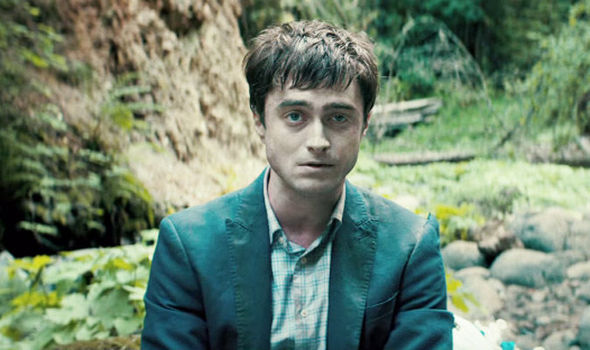
A surprise indie hit from music video directing duo Daniels and starring Paul Dano in one of his best roles and Daniel Radcliffe in one of his strangest, Swiss Army Man is the delightful story of a man and his talking multi-purpose bloated corpse-friend. Ok, now that the morbidly charming synopsis is out of the way, let’s talk about the score. Andy Hull and Robert McDowell’s score is filled with vocals that range from quirky to soaring.
The main theme follows a simple pentatonic melody, one that doesn’t feel too out of place in this indie film. However, there are moments in the film that really blur the lines between diegetic and non-diegetic music. Paul Dano’s hapless protagonist even starts singing the main vocal line at certain times, a diegetic moment made somewhat perplexing when he’s accompanied by an non-diegetic orchestra as he sings the melody.
While this isn’t anything too radical in terms of cinema, the film’s already unusual nature heightens the surrealistic and quirky charm of the music, given great emotional depth to moments that usually wouldn’t call for them in any other movie.
Also, it’s not every day when one sees a film that uses the Jurassic Park theme to help remind a talking corpse of its possible past life. The movie might be too weird for some, and if that is the case, at least check out the soundtrack. It’s just a good fun listen.